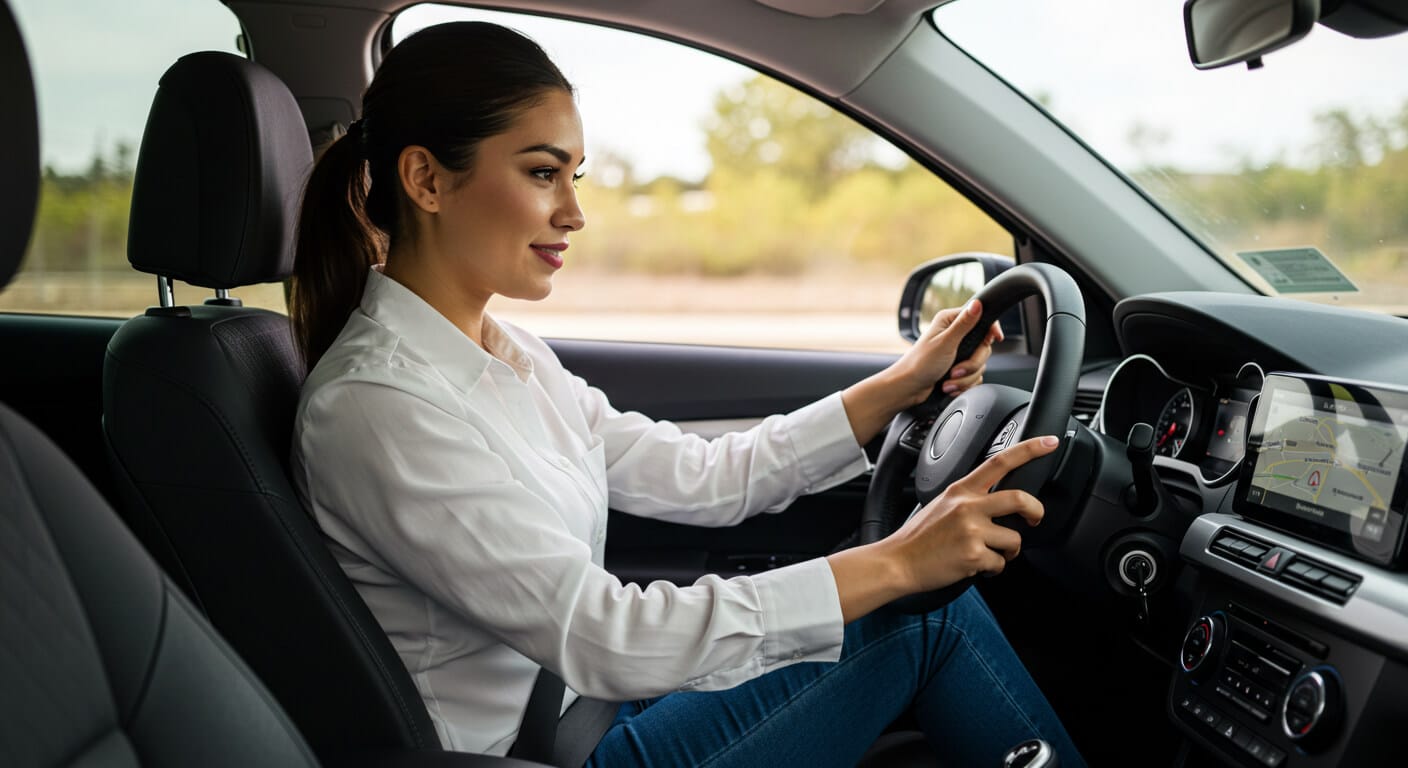
The Psychology of Route Choice: Why Do We Trust Navigation Apps?
In our daily commutes, navigation apps have become indispensable tools, guiding us through traffic and suggesting optimal routes. But why do drivers often place unwavering trust in these apps, even when their recommendations clash with personal instincts or established habits? Understanding the psychology of route choice reveals insights into human decision-making and our relationship with technology.
The Influence of Navigation Apps on Driver Behavior
Studies have shown that information from smartphone traffic applications significantly impacts drivers’ route choices. These apps provide real-time data, enabling drivers to make informed decisions that align with current traffic conditions. However, the extent to which drivers rely on app-generated suggestions varies, influenced by factors such as familiarity with the area, perceived reliability of the app, and individual preferences. This variability is key to understanding the psychology of route choice.
Trust in Technology: Cognitive Ease and Perceived Expertise
One primary reason drivers trust navigation apps is the cognitive ease they offer. By automating route selection, these apps reduce the mental effort required to plan a journey. This convenience fosters a sense of trust, as drivers perceive the app as an expert capable of making optimal decisions. This phenomenon aligns with the principle of cognitive ease, where individuals favor solutions that minimize mental workload. In the psychology of route choice, this simplification of decision-making plays a crucial role in why drivers rely on technology to guide them.
The Role of Habit and Familiarity in Route Selection
While navigation apps suggest various routes, many drivers stick to familiar paths. This preference stems from habit and the comfort of known roads. However, when apps recommend alternative routes, especially during traffic delays, drivers may feel compelled to trust the app’s judgment over their own habitual choices. This dynamic highlights the interplay between habitual behavior and the influence of external recommendations in the psychology of route choice.
Perceived Reliability and the Bandwagon Effect
The widespread adoption of navigation apps creates a bandwagon effect, where drivers trust these tools because they are commonly used by others. This collective usage reinforces the perception of reliability, as individuals tend to believe that popular tools are effective. This social proof influences personal decisions, leading individuals to adopt behaviors endorsed by the majority when making their route choice. This reliance on the app reflects a key aspect of the psychology of route choice.
Risk Aversion and the Desire for Optimal Outcomes
Drivers often seek to minimize travel time and avoid potential delays. Navigation apps equipped with real-time verkeer updates cater to this desire by suggesting routes that promise the quickest arrival times. This appeal to risk aversion drives trust, as drivers believe the app’s data-driven suggestions offer the best chances for optimal outcomes in route choice. In the psychology of route choice, the desire to avoid uncertainty influences the decision to follow app instructions.
Personalization and Adaptive Learning
Modern navigation apps learn from user behavior, adapting to individual preferences over time. This personalization enhances trust, as drivers feel the app understands their unique route choices and preferences. This adaptive learning fosters a sense of partnership, where the app becomes a tailored assistant, further solidifying trust in its recommendations. This adaptability is a powerful element of the psychology of route choice, allowing apps to continuously refine their suggestions to align with user habits.

Challenges to Trust: Conflicts with Personal Judgment
Despite the advantages, conflicts arise when app suggestions contradict personal judgment or local knowledge. Drivers may question the app’s reliability, especially if a recommended route leads to unexpected delays or unfamiliar areas. These experiences can challenge the trust relationship, prompting drivers to reassess the app’s value in their decision-making process. When route choices go wrong, it raises doubts about the app’s efficacy, challenging the psychology of route choice.
The Impact of User Experience on Trust
Another factor in the psychology of route choice is the user’s experience with the app. If an app consistently provides accurate and timely information, users develop a stronger sense of trust, making them more likely to follow its recommendations in future trips. On the other hand, frequent errors or poor experiences can erode trust, affecting the user’s willingness to trust the app in future route choices. This illustrates how the psychology of route choice is shaped not only by the app’s data but also by the driver’s personal history with the app.
The Complex Relationship Between Drivers and Navigation Apps
The trust drivers place in navigation apps is a complex interplay of convenience, perceived expertise, habit, social influence, risk aversion, personalization, and past experiences. While these apps offer significant benefits, understanding the psychology of route choice can lead to more informed usage and a balanced relationship between drivers and technology. Recognizing both the strengths and limitations of navigation apps empowers drivers to make choices that align with their preferences and circumstances, ensuring that technology serves as a helpful companion on the road.


